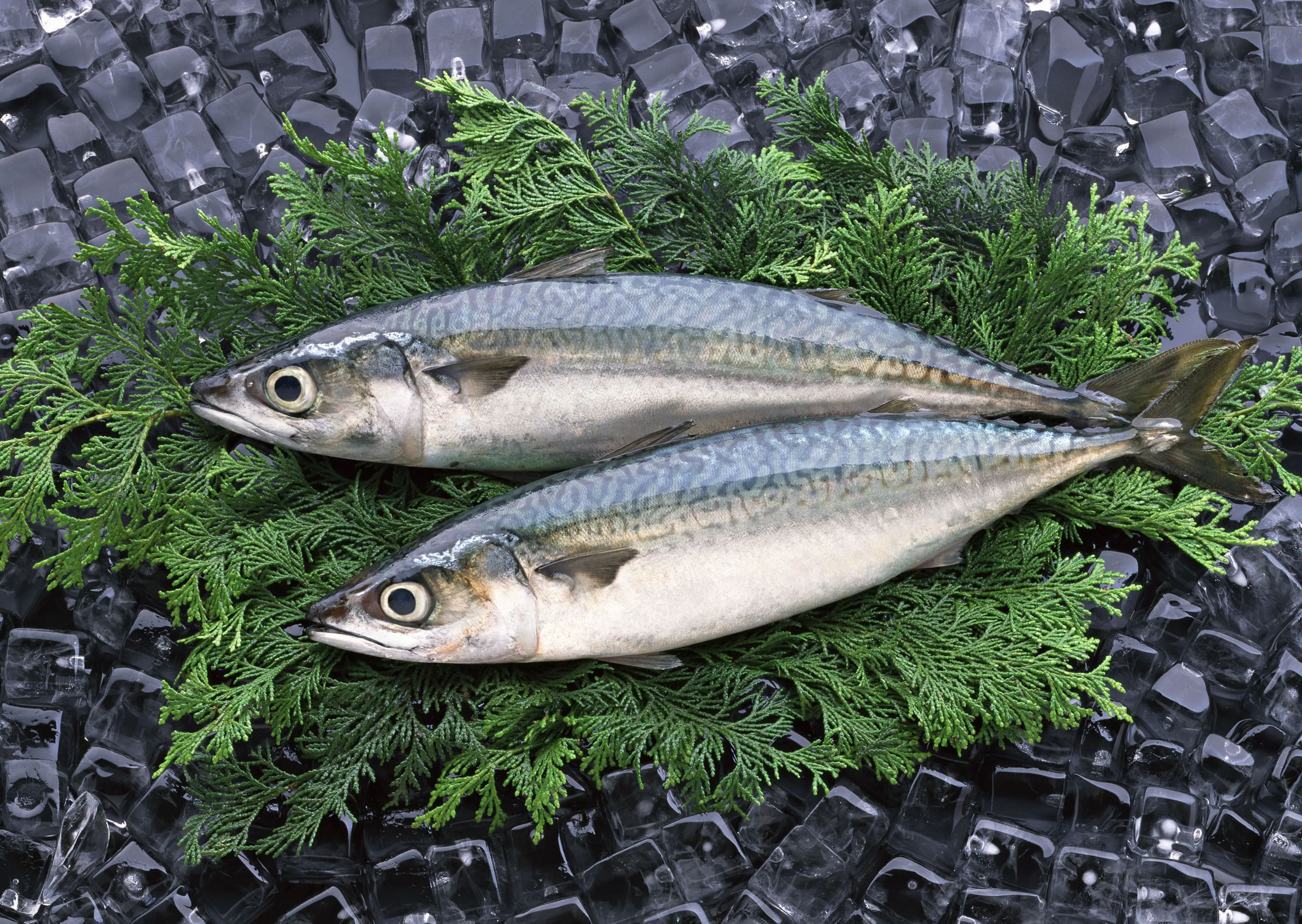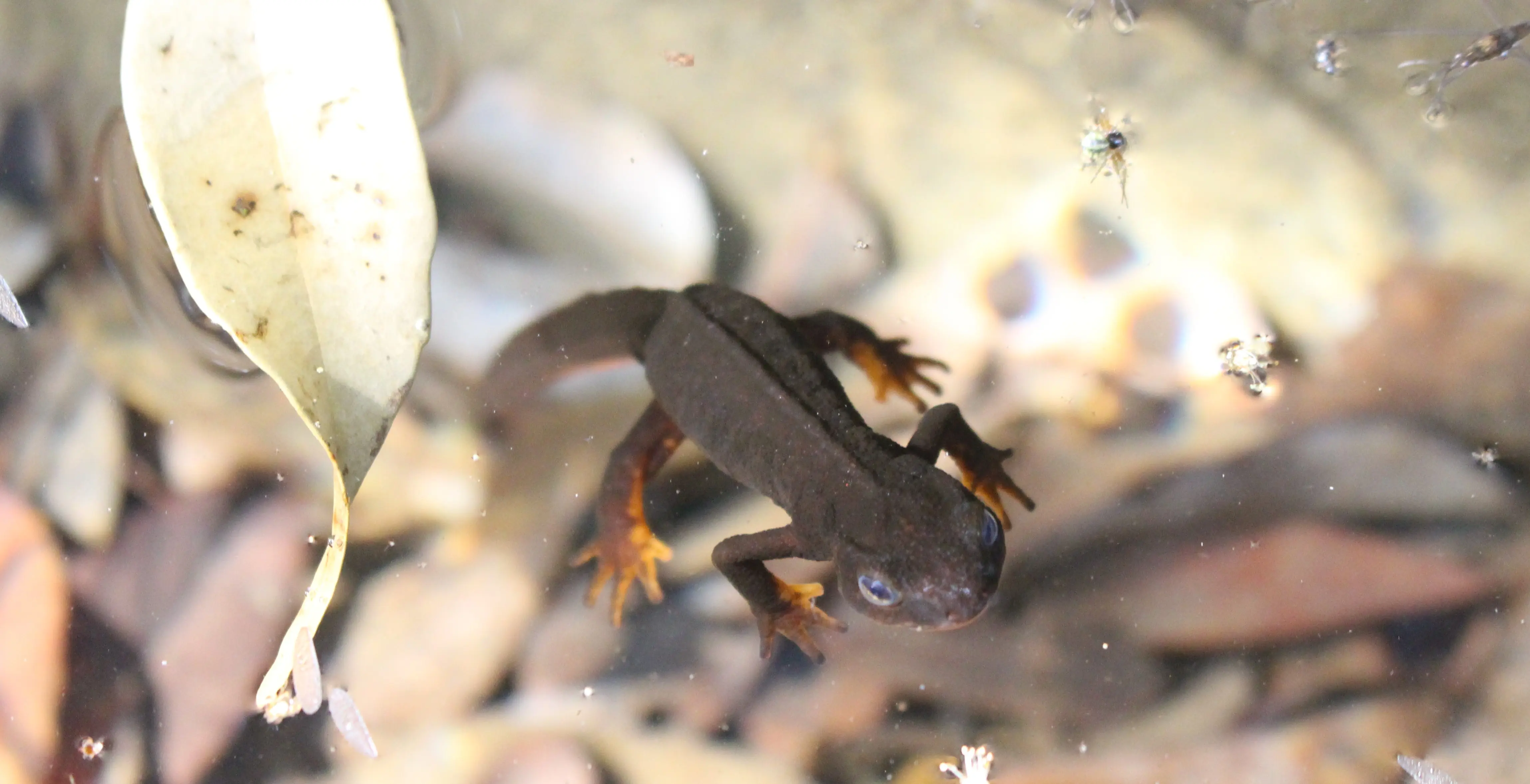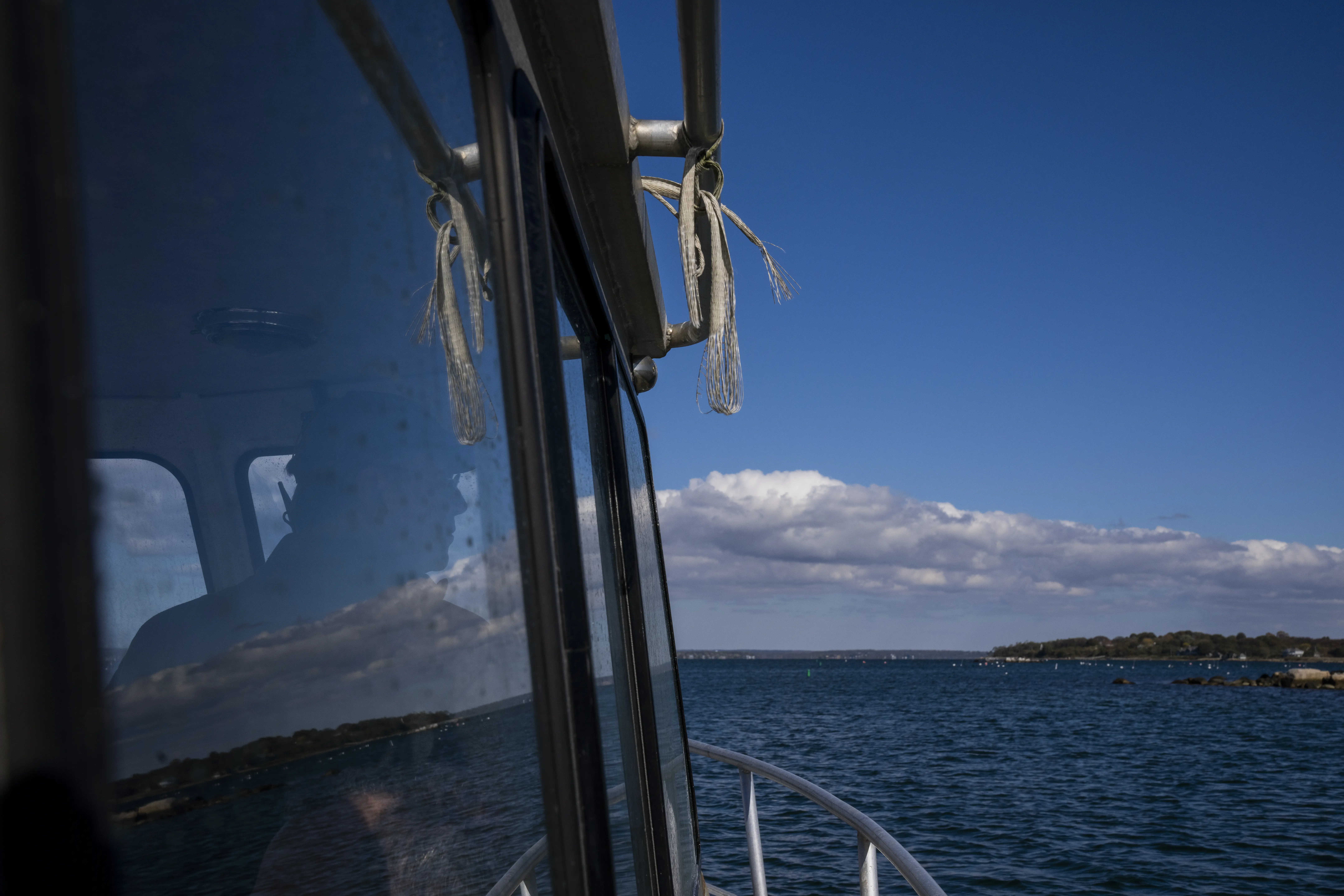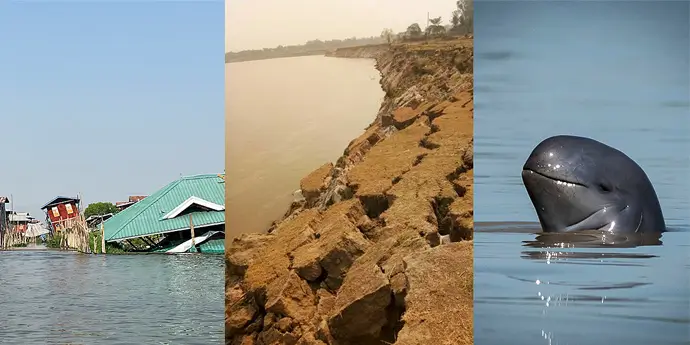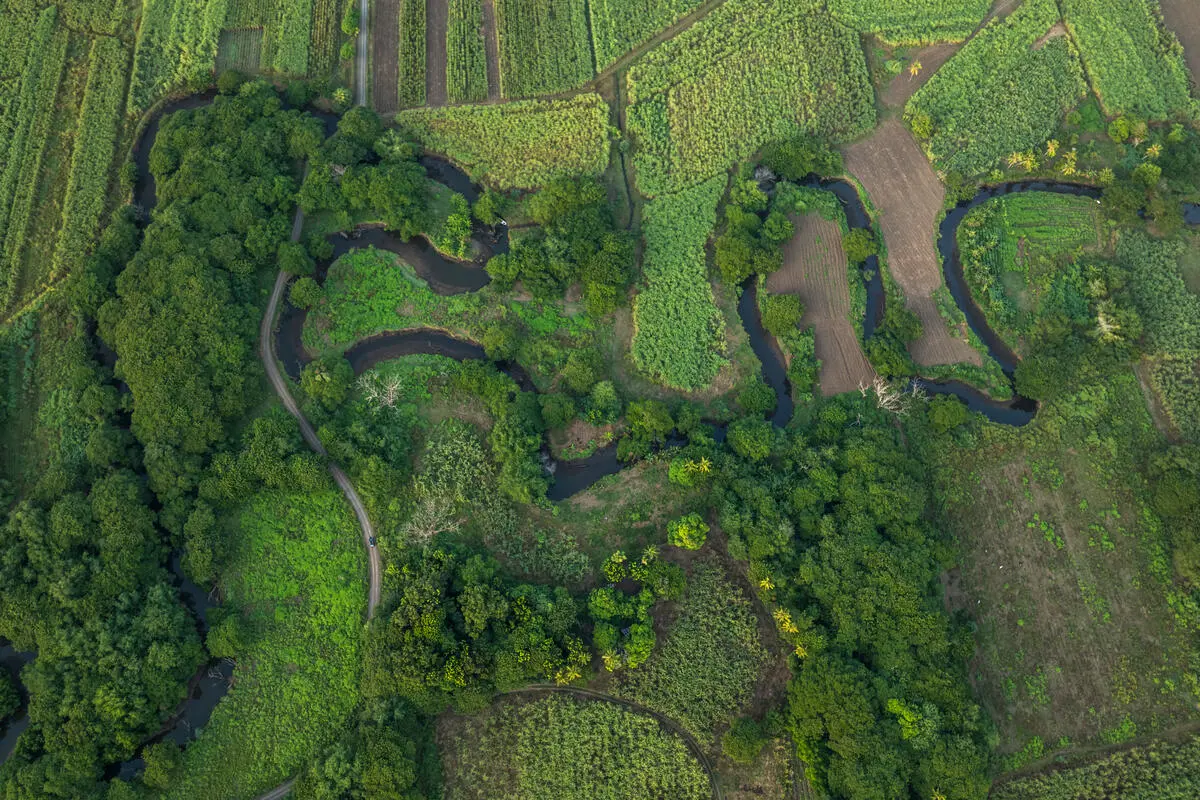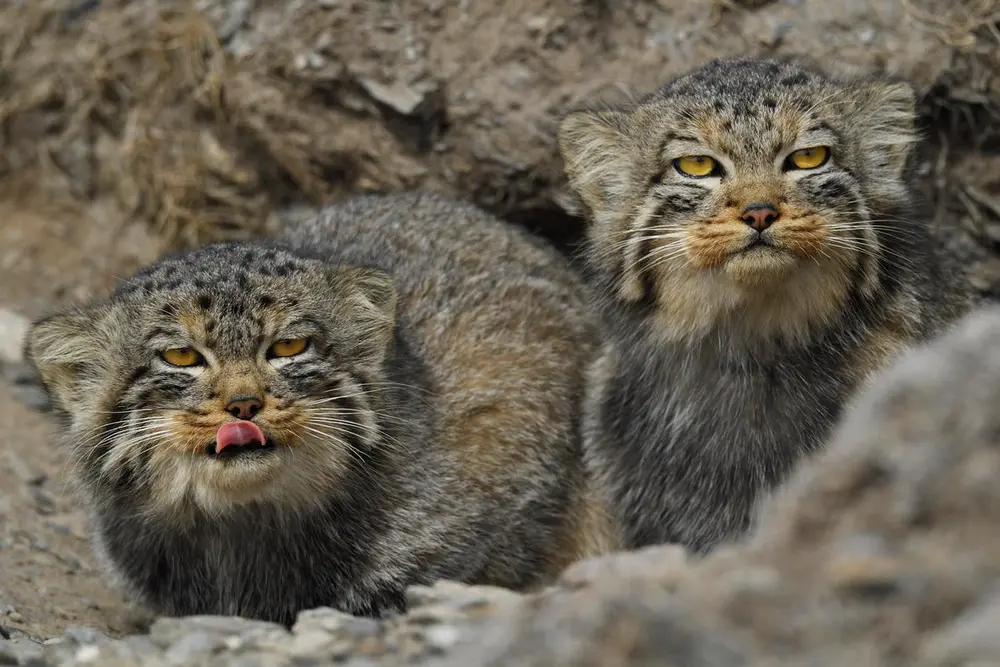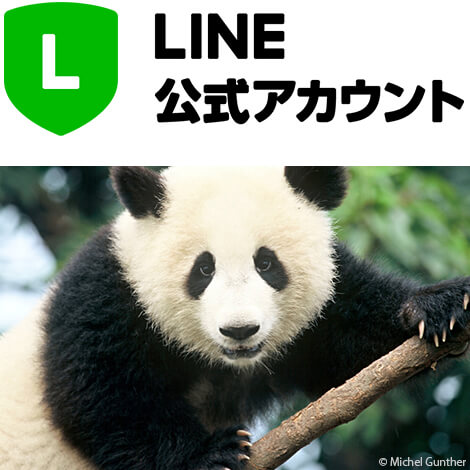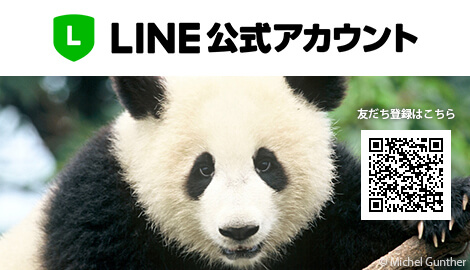ブリヂストン社の持続可能な天然ゴムの調達方針を歓迎
2018/02/06
声明 2018年2月6日
2018年2月6日、世界最大のタイヤ・天然ゴム企業であるブリヂストン社が持続可能な天然ゴムの調達方針を発表しました。WWFは、ブリヂストン社のこの新しい調達方針を歓迎します。
2015年のミシュラン、2016年のトヨタ自動車とのパートナーシップ締結後、WWFは天然ゴム産業を持続可能なものに変革するため、世界トップのタイヤメーカーと自動車メーカーと対話を続け、天然ゴムの持続可能な調達方針を作成するよう求めてきました。
天然ゴムは、世界の70%以上が東南アジアで生産されており、その生産量の70%以上がタイヤの製造に使用されています。そして、天然ゴム農園の新たな開発は、特にメコン地域において森林破壊という問題を引き起こしています。
2016年のミシュラン社、2017年のピレリ社の方針発表に続き、ブリヂストン社は2018年2月、日本企業として初めて天然ゴムの持続可能な調達方針を発表しました。ブリヂストン社の方針には、森林破壊ゼロや泥炭地の開発ゼロから人権保護や土地所有権の尊重まで、WWFが求めてきたコミットメントが含まれています。この方針が農場から工場までサプライチェーン全体で履行されれば、東南アジアや西アフリカなどの地域において環境と人権の保護を大きく推進するものとなります。
ブリヂストン社の方針の着実な履行を確かなものとするために、WWFは、近い将来同社の方針に第三者による監査と苦情処理システム*の設置が含まれ、実施されることを期待しています。
自動車業界が天然ゴムの最大のユーザーであることから、WWFは他のタイヤメーカーや天然ゴム加工業者だけでなく、自動車メーカーや運輸業者、さらにタイヤ販売店も持続可能な天然ゴムの調達方針を発表することを求めます。WWFは、天然ゴムに関わる全ての企業と協働し、方針の作成と履行を支援したいと考えています。
*サプライチェーンにおいて方針に違反する事項などがあった場合、NGOなどの第三者からの指摘を受け付け、問題を解決する仕組み
WWF welcomes Bridgestone's new global sustainable procurement policy
Bridgestone, the world's largest tire and rubber company, released a global sustainable procurement policy on 6th Feb, 2018. WWF welcomes Bridgestone's new policy.
After partnering with Michelin in 2015 and Toyota Mortor Corporation in 2016, WWF continued its work to transform the global rubber industry by engaging other top tire and car makers on the development of sustainable procurement policies.
Over 70% of the world's natural rubber is produced in Southeast Asia and over 70% of the world's production is used to make tires. Development of rubber farms has driven deforestation particularly in the last forest frontier countries in the Mekong region.
Following Michelin's 2016 and Pirelli's 2017 policies, Bridgestone became the first Japanese company to release a sustainable procurement policy addressing natural rubber in February 2018. Bridgestone's policy includes a wide range of commitments WWF has requested from net-zero deforestation and no development of peatlands to human rights and land rights protection. Bridgestone's policy, if implemented across its whole supply chain from farm to factory, will strongly move environmental and social protection forward in Southeast Asia and other regions like West Africa.
Aiming for measurable steady implementation of Bridgestone's new policy, WWF hopes to see independent third-party monitoring and establishment of grievance mechanisms included Bridgestone's policy and implemented in the near future.
Given that vehicles are the largest users of natural rubber, WWF calls not only on other tire manufacturers and rubber processors, but also on automakers, fleet operators, and replacement tire sellers to release policies in which they commit to procuring natural rubber products produced in a sustainable way. WWF stands ready to work with companies from all sectors to help develop policies and design implementation of such policies.



